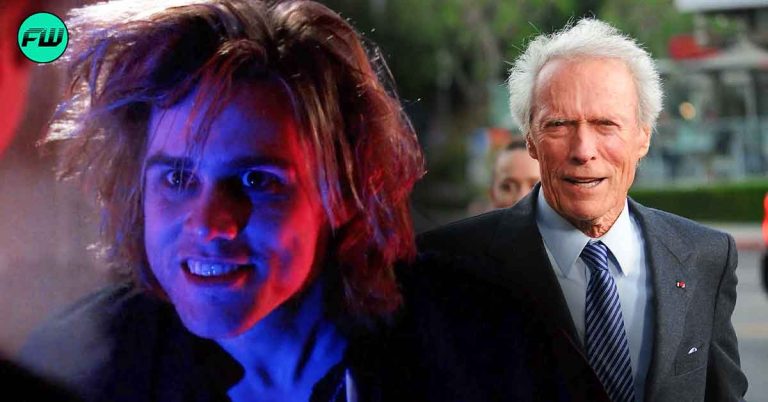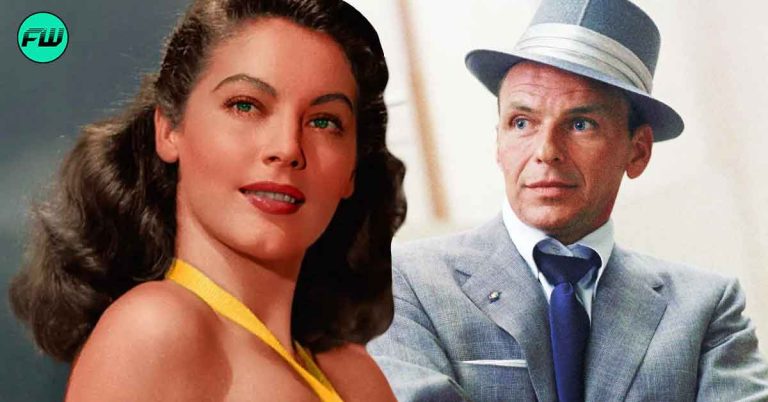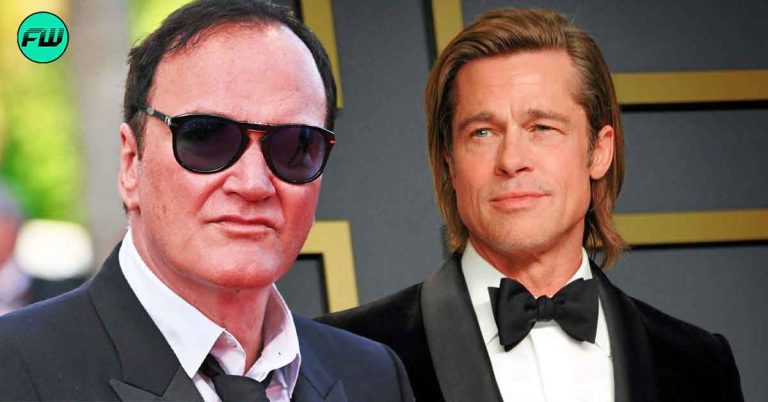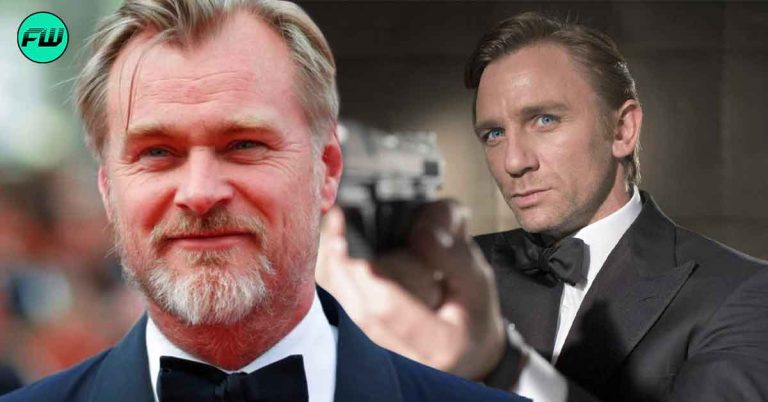House of the Dragon has been making a decent amount of noise when it comes to the portrayal of the in-universe couple’s dynamics. One of the well-received among the many pairs is Alicent Hightower, daughter of the King’s Hand, and Rhaenyra Targaryen, the crowned heir to the Iron Throne. However, what has struck a chord among the generation’s viewers is the series’s intentional underlying sentiment of a non-platonic approach toward the portrayal of the two.
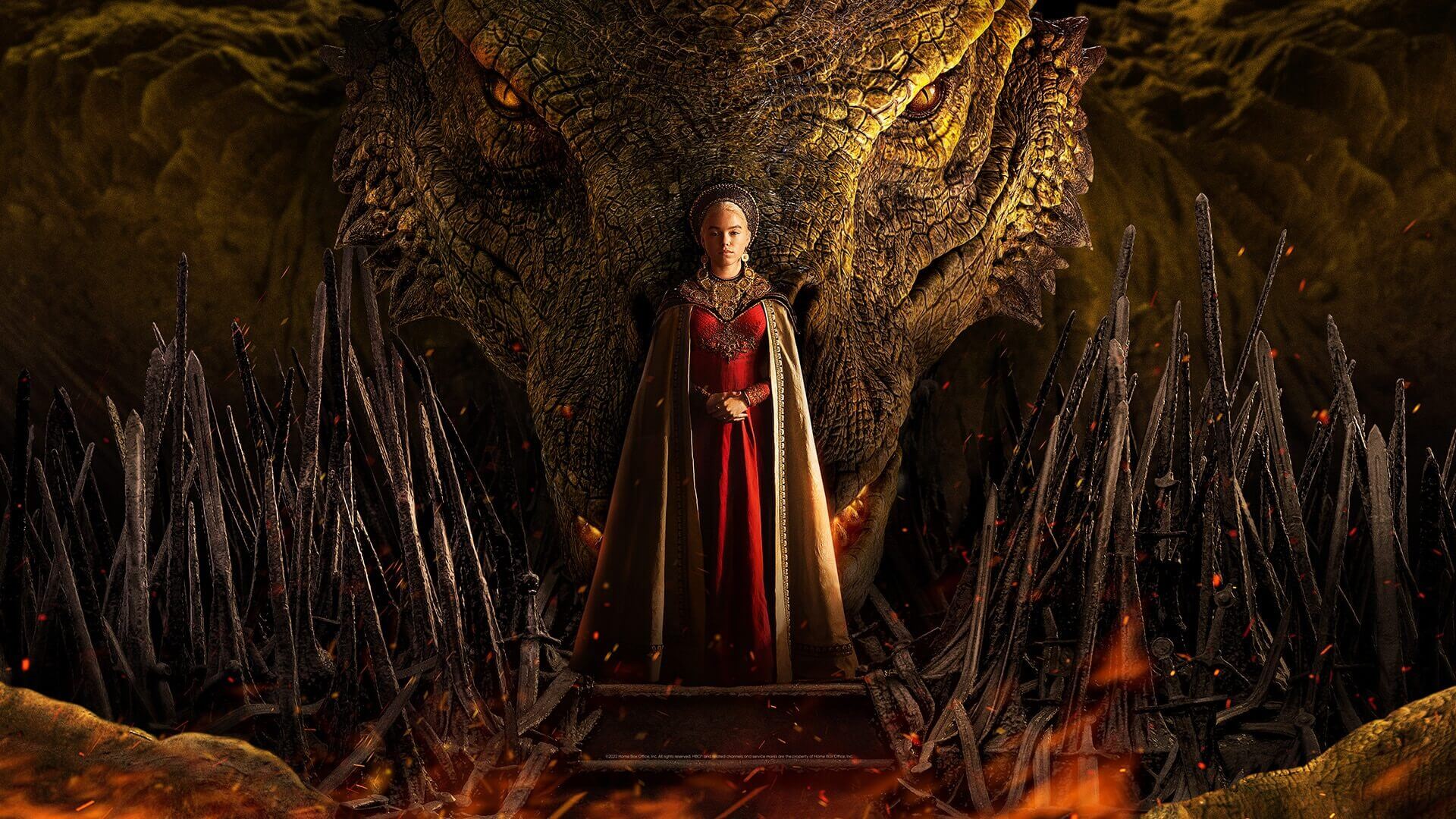
House of the Dragon Explores a Royal Queer Relationship
Game of Thrones had well-established a hegemonic hierarchy when it comes to the portrayal of women but even the strong and well-respected Queen Emma of the series prequel had advocated a woman’s strength of the “royal womb” rather than her prowess on a battlefield. Now, crowned as the heir, the late queen’s only surviving child takes the power dynamic of the women of Westeros and explores it further than its designated boundaries.
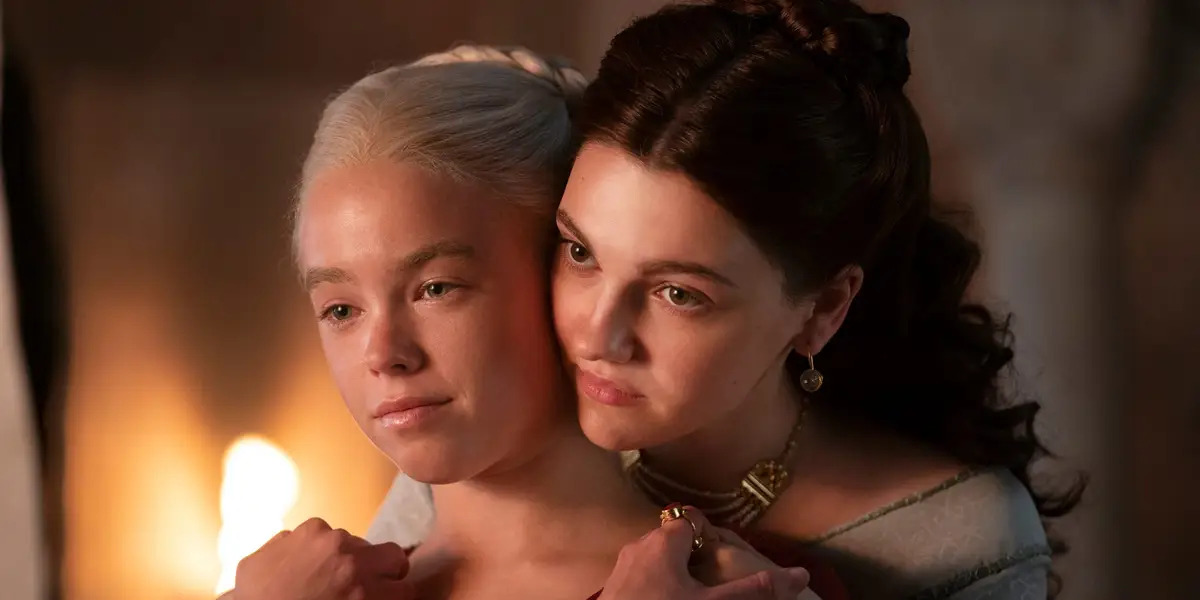
As devised by the younger actors who portray the 14-year-old Alicent and Rhaenyra, i.e. Emily Carey and Milly Alcock respectively, their two on-screen characters are “in love a little bit.” Carey mentions,
“It’s something we brought up with Clare Kilner, one of the directors we also work with for the younger version of the characters. It was something I was immediately conscious of when I read the script as a queer woman myself.
I think any woman could think back to the best friend that they had at 14 years old, and it’s a relationship and a closeness unlike any other. You do toe the line between platonic and romantic.”
Olivia Cooke who plays the older Alicent Hightower agrees with this mold of the underlying non-platonic relationship of her character with that of Emma D’Arcy.
“When you have your first intense friendship, you’re throwing all these emotions at the other person and seeing which one sticks. And it’s incredibly complex, but very passionate.”
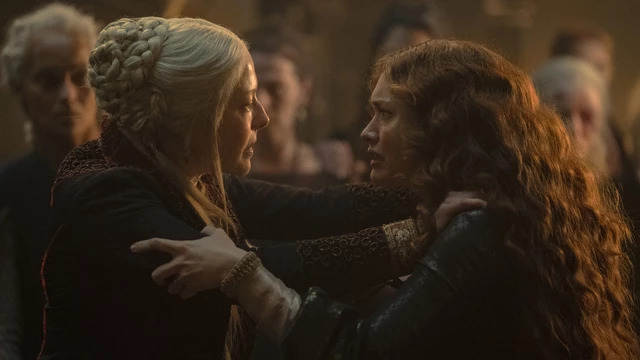
What Does the Future Hold For Rhaenyra and Alicent?
Milly Alcock views the relationship between the two characters as a “tactile closeness and emotional closeness” which her co-star, Carey supports by saying, “if it reads on screen, it was purposeful.” But there is more to the two young girls’ power dynamic than the blooming of young unadulterated love.
According to Alcock, it is representative of the inherent lack of choice that women are presented with within a world governed by misogyny and silencing of their voices. This was clearly portrayed when Rhaenyra advocates a political stance to counter the problem of the Stepstones and is instead shut down before it was even considered. Milly Alcock claims,
“These women aren’t given the privilege to know what choices they have because of the world they live in. That’s the theme that runs through this entire story, and Alicent and Rhaenyra’s relationship is a prime example of it.”
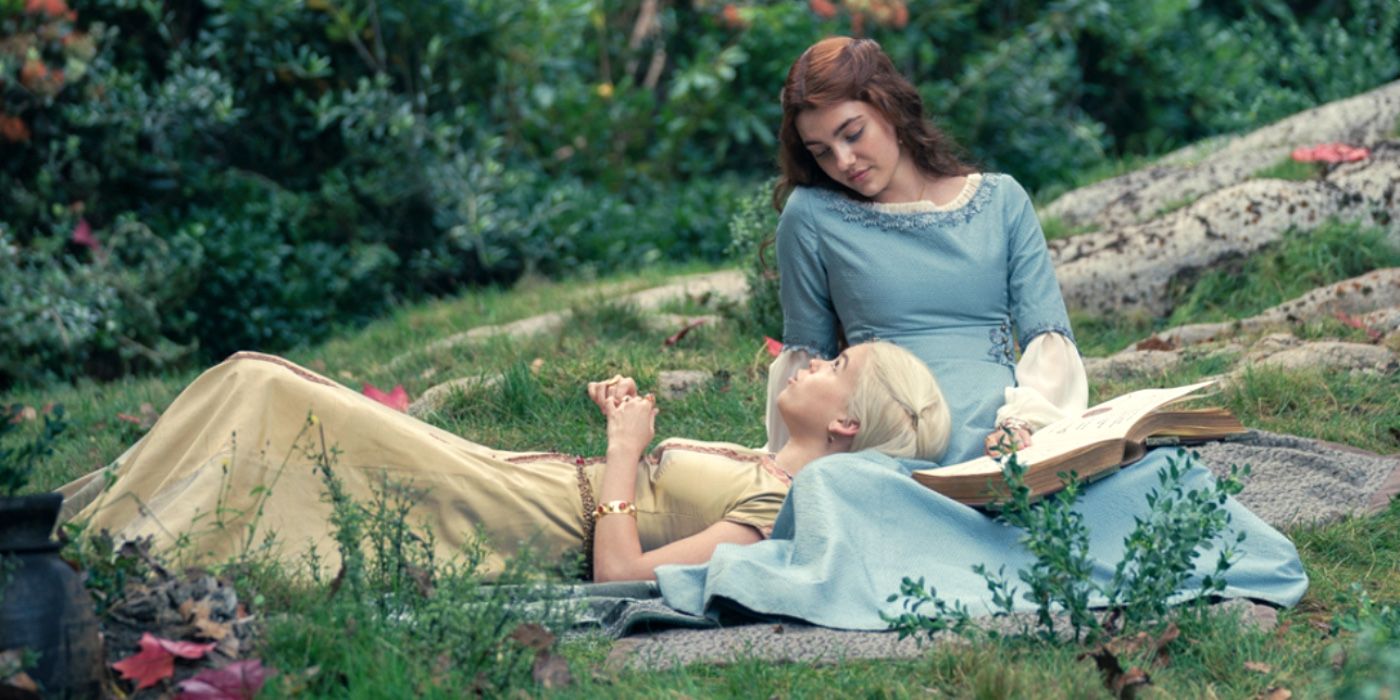
The ingrained social pandering then runs deeper when combined with the politics of a spurned woman (the Queen Who Never Was) trying to take down another of her same-sex (Rhaenyra). Such a world does not allow the growth of a cis-het romantic relationship, especially for the two intellectually and emotionally adept teenagers like the ones being discussed. As witnessed in the first two episodes, the two young women find more comfort in each other’s company than in the world beyond their shared presence which is constantly working to pull them down or trade them off.
House of the Dragon is now streaming on HBO and HBO Max; new episode release every Sunday.
Source: Insider




